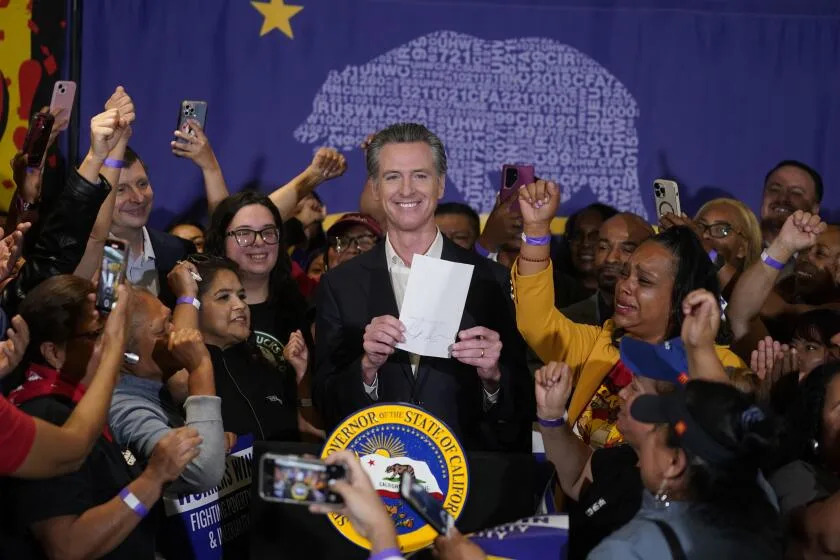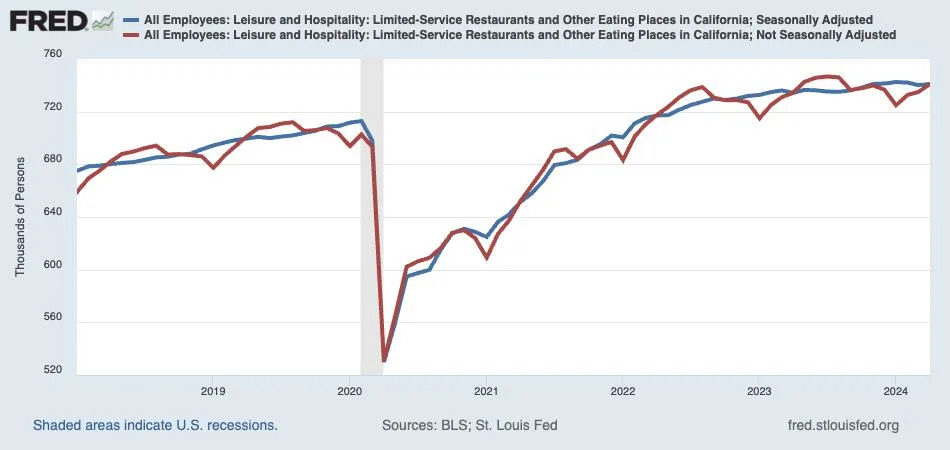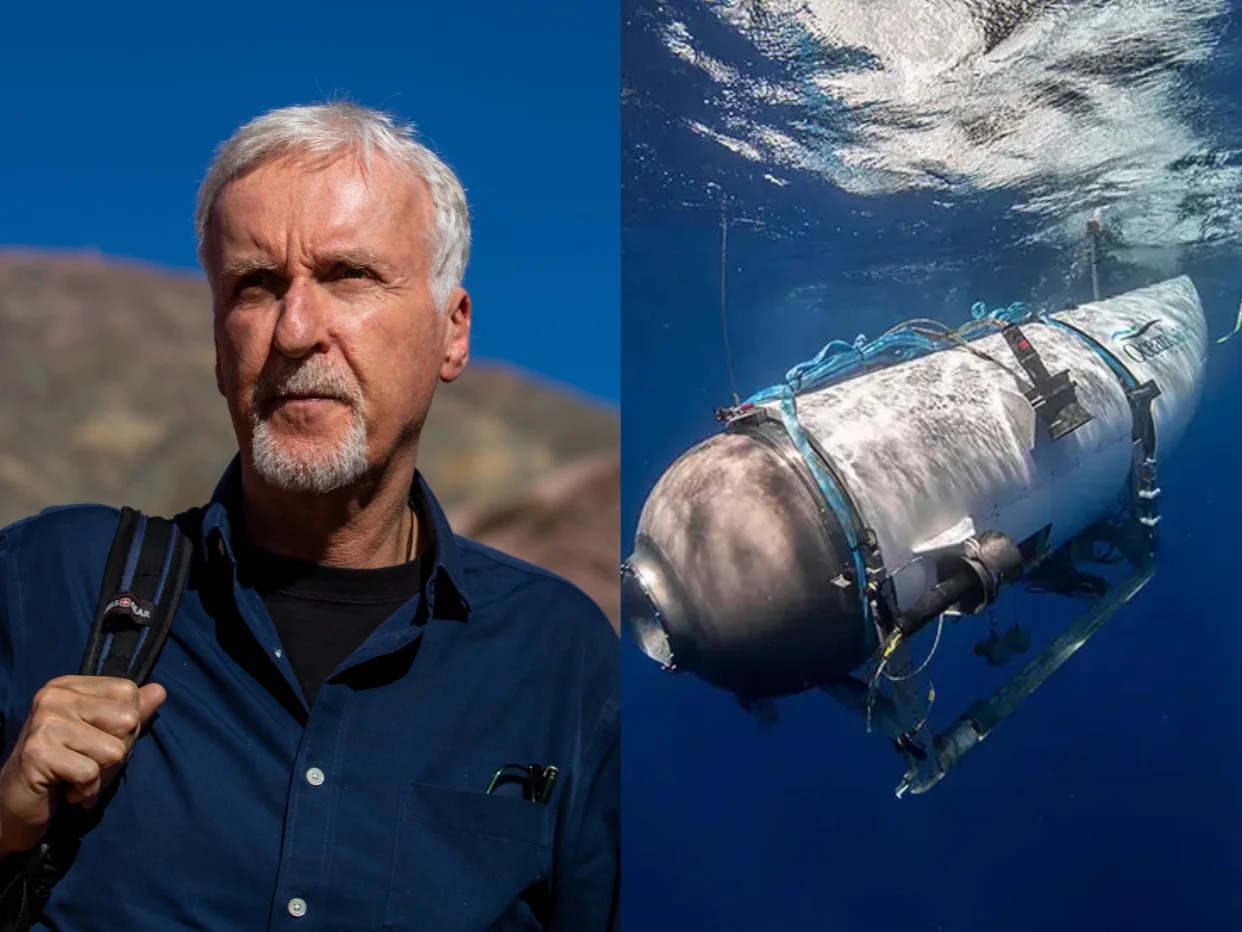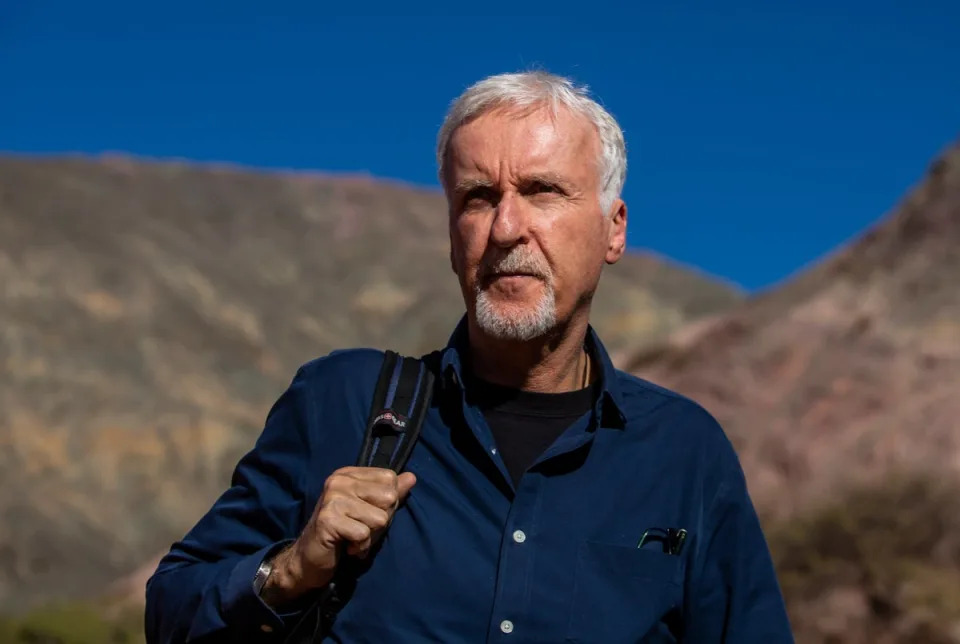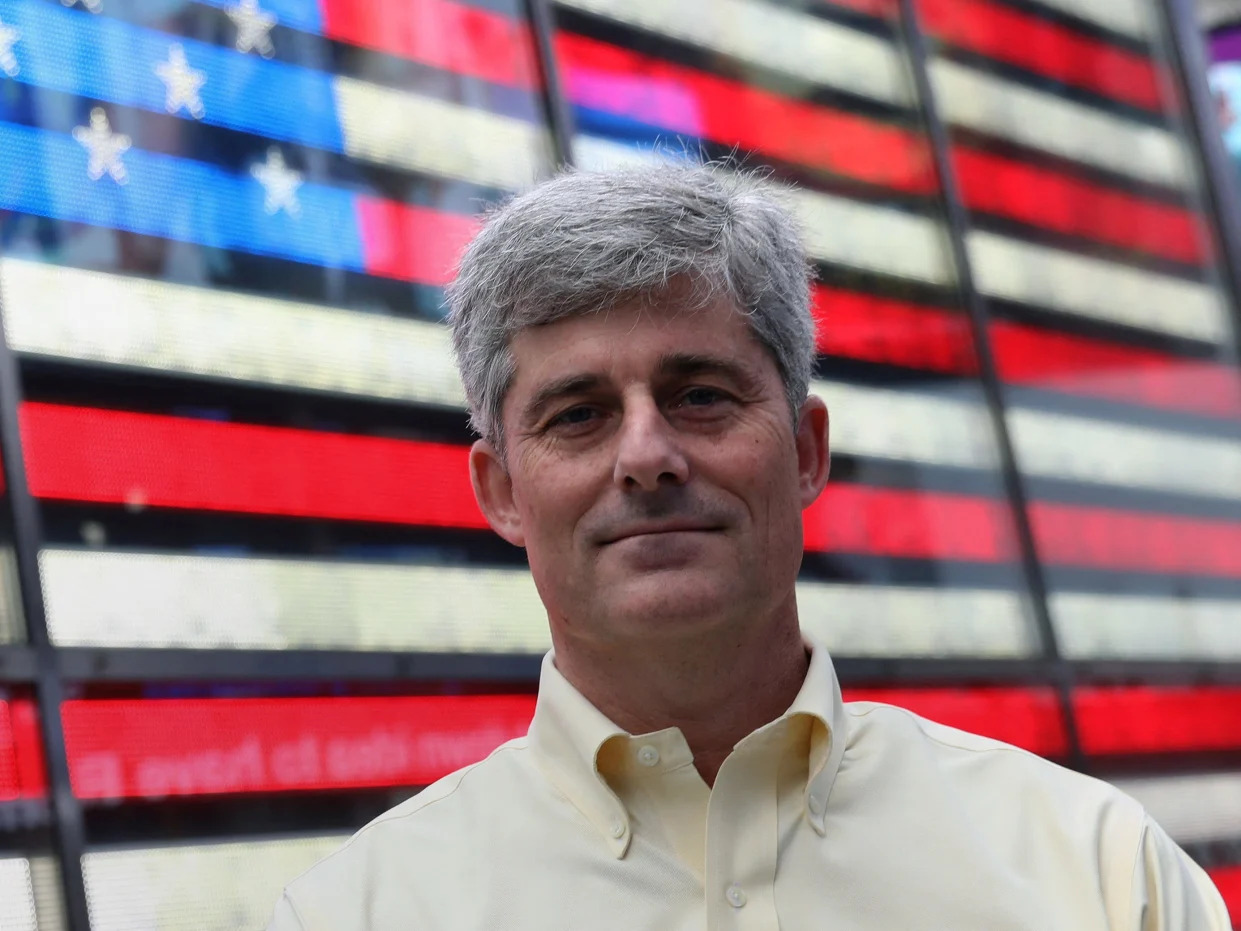Editors of Columbia Law Review, a prominent journal run by students from the prestigious university’s law school, say the publication’s board of directors urged them on June 2, 2024, to refrain from publishing an article critical of Israel.
After the students published the article online the following day, the board, which includes Columbia Law School faculty members and alumni, had the law review’s website taken down.
The board soon relented and allowed the website back online on June 6, including the article in question. But it issued a statement accusing the student editors of failing to properly review the article prior to publication.
The student editors have rejected the assertions in the board’s statement and say they’re “on strike” – refraining from some of their review duties – to protest the board’s attempts to stifle them.
This dispute has garnered far less attention than the campus protests at Columbia University and hundreds of other schools that expressed solidarity with the Palestinian people and objected to school ties to Israel’s military operations in Gaza in spring 2024.
But as a scholar of academic freedom and free speech in higher education, I believe the controversy is worth paying attention to. If, as the students allege, there was inappropriate interference with the scholarly independence of one of the nation’s most influential law reviews, this incident has few, if any, precedents.
Sharing research in law reviews
Student-run law reviews, which are an important way that legal scholars share their research about legal issues with law professors, judges, attorneys and other readers, typically have high levels of editorial independence.
If the students’ allegations are accurate, the board violated widely accepted standards of academic freedom in higher education that scholars see as critical. Academic freedom is part of what makes colleges and universities places where new views and knowledge can be shared and where accepted ideas can be questioned.
Most law schools have at least one journal with “law review” in its name. Some also have other journals that focus on specific legal topics such as education, civil rights or international issues.
Law reviews and other law school journals are usually published by the law school, despite typically being run by students. This means that student editors select the articles for publication and are responsible for the editing process.
Serving on a law review is considered an honor and can be valuable to law students in obtaining clerkships with judges and jobs with law firms or other employers.
Law reviews are a main way for sharing research on legal topics by authors such as law and other professors, attorneys and judges. The importance of law reviews to legal research means student editors of law reviews should not be improperly pressured in deciding to accept or reject articles.
The Columbia Law Review’s structure is unusual: It operates as an independent nonprofit, separate from the law school, and is overseen by a board of directors.
More typically, law reviews are part of a law school.
Like other law reviews, however, Columbia’s is run by students who attend its law school. It’s also typical in that its articles, written in a formal and academic style, are intended for legal experts rather than the general public. This particular article has instances of rarely used words such as “instantiation” and “multifarious.”
Presenting a new legal framework
Rabea Eghbariah, a Palestinian human rights lawyer with a law degree from an Israeli university who is enrolled in a doctoral legal degree program at Harvard Law School, wrote the article at the center of this dispute.
In it, he proposes a new legal framework to describe Israel’s displacement and “abuses” of the Palestinian people as a crime against humanity comparable to apartheid or genocide.
Harvard Law Review previously commissioned and edited a similar article before deciding not to publish it.
Fears of backlash for publishing an article critical of Israel prompted the belated rejection, according to a statement from 25 student editors at Harvard released in November 2023.
It’s not uncommon for law reviews to publish articles making potentially controversial claims. For example, the previous issue of the Columbia Law Review included an article in which the author argued that prisoners made to perform work as a part of their sentences were being treated like enslaved people.
Centrality of academic freedom
Campus unrest over the Israel-Hamas conflict has raised questions about the rights of students to express their personal views when they participate in campus protests.
Likewise, this dispute raises questions about the academic freedom of student editors and their rights to free speech.
The First Amendment clearly protects free-speech rights for students who attend public colleges and universities. But it applies only to those institutions.
Technically, private institutions – such as Columbia University and the associated nonprofit that oversees the law review’s finances but has, until now, not sought to intervene in decisions on articles – aren’t bound by the First Amendment.
Still, most of them consider freedom of speech and academic freedom as central to their mission.
Academic freedom relies on customs and practices to protect the rights of faculty members to exercise independence in their teaching, research and other job responsibilities without inappropriate interference from their employers.
It’s not completely clear that students enjoy the same kinds of academic freedom.
Nearly all colleges and universities accept, however, that students should have the right to express their own views and have access to all sorts of arguments.
The students who edit Columbia Law Review probably have limited legal options to challenge the board’s actions. Instead, as shown by their decision to strike, the students likely must use strategies besides legal action to establish that the board violated academic freedom principles.
The board may also respond with additional statements of its own to defend its actions.
Overriding institutional commitments
The Columbia Law Review dispute can be seen as part of ongoing tensions on campuses across the nation over the Israeli-Palestinian conflict.
One argument is that bias against Palestinians has overridden institutional commitments to free speech and academic freedom. An opposing view is that pro-Palestinian protests or other efforts, such as this law review article that refers to Israel’s government as a “regime,” are too often marked by antisemitism.
Either way, it’s now clear that these tensions aren’t limited to campus protests. Ultimately, I believe, they could directly challenge institutional commitments to academic freedom and independence in scholarly inquiry.
This article is republished from The Conversation, a nonprofit, independent news organization bringing you facts and trustworthy analysis to help you make sense of our complex world. It was written by: Neal H. Hutchens, University of Kentucky
Read more:
Neal H. Hutchens works for the University of Kentucky.

